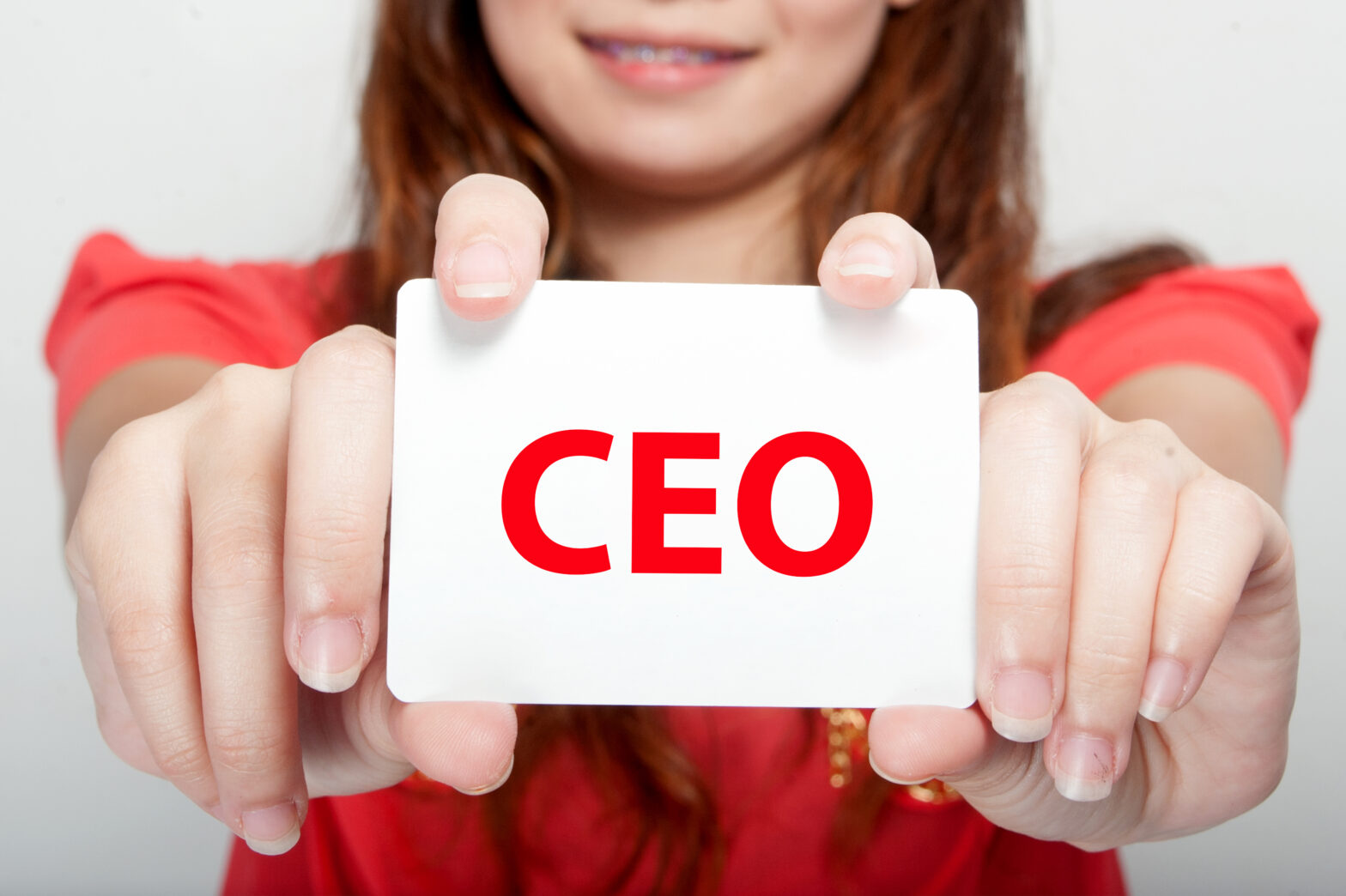The sports marketing world is well known for being ferociously competitive, with small and large agencies and networks competing for the business of international federations, rights holders, brands and sponsors. It’s a deal-driven business, but also one where creative and nimble thinking can give you the edge. Being a small, agile and hungry company can be real advantage.
Our company is a good example. We have a core team of just 20 in London and other small teams in Iberia, the Middle East and Asia. As specialists in sports sponsorship, consultancy, media planning and digital, we can be advising the UEFA Champions League about maximising their sponsorship opportunities one minute, and negotiating a shirt sponsorship deal for a Premier League football club the next. Business comes from unexpected and constantly changing directions, like helping a Premier League club build its fan base in China using social media, or working with a household appliance brand to help it reach families by sponsoring the FA Cup.
I’ve come to realise that being small and flexible helps in this business, as the clients we deal with are often the opposite, be they multinational sponsors, or sports federations. They appreciate working with smaller specialists who are hungry for the business and can react quickly to meet their needs. Our size and working style allows us to build close, trusting relationships with our clients, the team who they meet at the initial stages is the same team they will continue to work with. We are also able to offer a level of flexibility which larger companies simply cannot do.
Demonstrating credibility
One of the disadvantages is that it can be hard to knock on doors and get those doors opened. You have to work twice as hard to demonstrate your credibility, with examples of work for well-known businesses, and strong case studies to demonstrate what you have achieved. We did a project recently with the London Legacy Development Corporation, developing a visitor app for the Queen Elizabeth Olympic Park. This kind of contract is really useful, as it shows what we are capable of. People will also know that a job like this was won after a tough tender process. As a small business, it’s important to show you can win these kind of contracts.
In my experience, when you’re a small business pitching for new business you have to be particularly well prepared. In a small team, there’s nowhere to hide; each person has to be contributing and accountable. The plus side of this is that small businesses tend to have higher quality teams. They can’t carry people, so you tend to find more strength in depth, even among the juniors who are used to being given more responsibility. The advantage a small agency can offer is that the team pitching for the business will be the team working on it; that always makes a big difference to the client.
A female managing director in a male-dominated business
As well as running a small business, I have the added perspective of being a female managing director in a very male-dominated sector. Sports agencies can be a laddy, locker-room environment, and the same goes for many of the clients we deal with, including football clubs in the Premier League.
I’ve had some questionable experiences, like once being asked to make the tea ‘while you wait for your boss to arrive’. Another time, I came across a client who wanted to deal with my business partner Antony, and not with me, citing my hair colour as an issue, but equally there are many advantages to being a woman in sport business, not least the fact that it’s a big point of difference. I’m often the only female in the room and generally people remember me for that. I don’t try and act like a man; I always aim to show my own personality and be true to myself. And I don’t take myself too seriously, but will take on the debate when I think it necessary.
As a woman, you can also use your emotional intelligence to your advantage. We’re always being told never to show emotion as it’s considered a weakness, but there are times when it can play to your advantage. I remember a meeting with a client where they had to bring their three-year-old daughter into the office because she was sick. As a mother of three young children myself, I was able to empathise with the situation and after a quick rummage around my handbag managed to produce a minion toy that kept the little girl happy during the meeting. I’m not saying this experience taught me to always carry toys in my bag, but it did teach me the importance of empathy in business and the benefits of last minute happy meals when work gets in the way of dinner.
Kelly Williams is managing director of Sports Revolution.





